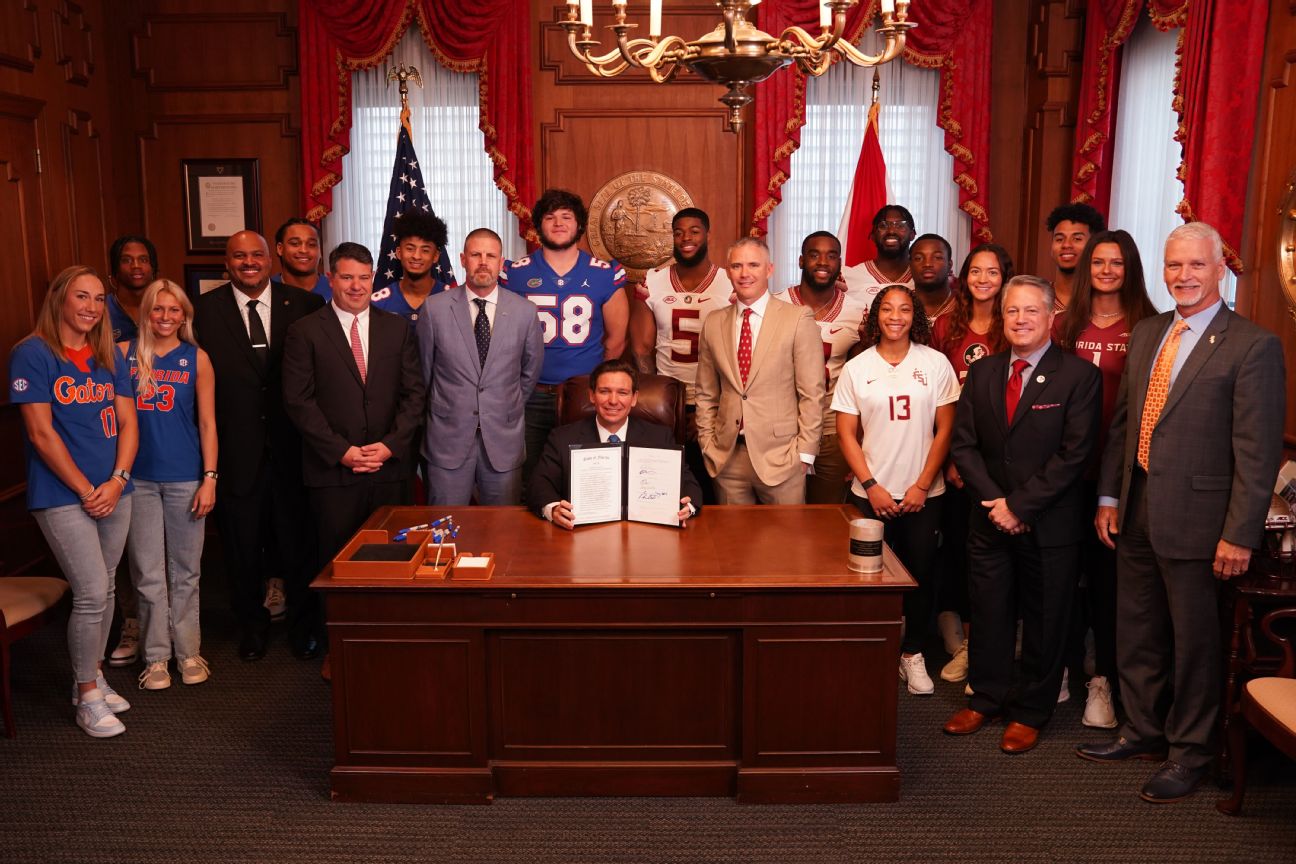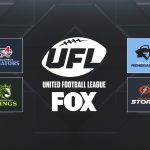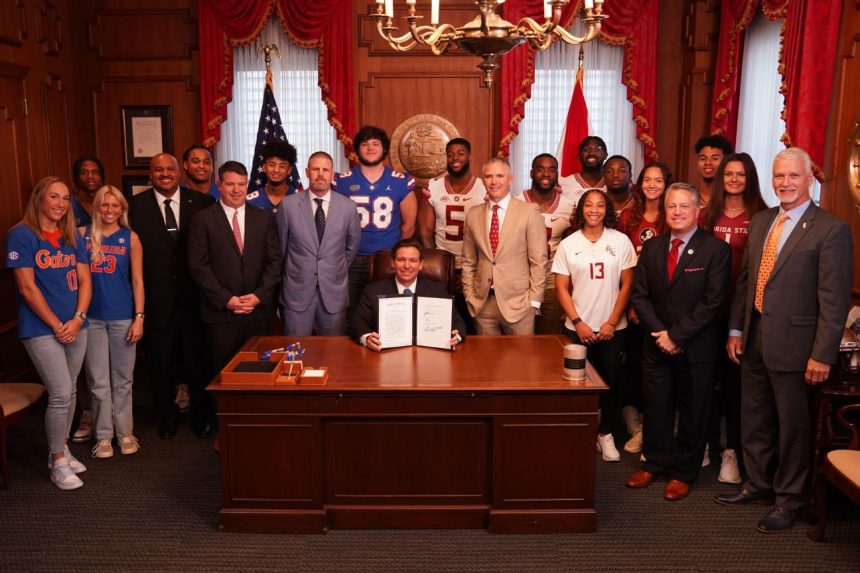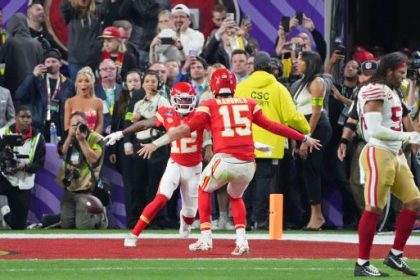
The state of Florida updated its NIL legislation on Thursday, pulling back on restrictions while allowing universities to provide additional entrepreneurial workshops to their players.
Florida Gov. Ron DeSantis signed HB 7B: Intercollegiate Athlete Compensation and Rights into law with Florida State football coach Mike Norvell, Florida football coach Billy Napier and players from both schools in attendance.
“This is an important and necessary step in the NIL process to bring us more in line with what is happening around the country,” Florida State athletics director Michael Alford said. “… We will always make what is best for the student-athlete our top priority.”
Among the biggest changes: Schools, teams and coaches will be allowed to help facilitate deals for players. Under current NCAA rules, schools cannot pay players directly or use name, image and likeness deals as inducements for recruiting or retention.
“In 2020, we took a commonsense approach to ensure that student athletes could control their name, image and likeness and be paid fairly for it,” DeSantis said. “Now that the NCAA has taken necessary steps to ensure fairness for student athletes, we can focus on making sure that those athletes are supported and protected under the law.”
The bill requires players to participate in two financial literacy, life skills and entrepreneurship workshops before they graduate.
In addition, agents who represent players in their NIL deals are required to protect them from unauthorized or exploitative use of their NIL or their right to publicity. Coaches and schools are not liable for any damages to a player’s ability to earn NIL money as a result of their decisions.
“We are thankful for the Governor and the legislature for making this NIL bill a reality,” University of Florida AD Scott Stricklin said. “We continue to be appreciative of all opportunities that our athletes have to be compensated for their name, image and likeness. NIL is a key ingredient to the Gators’ current and future success.”
Florida became one of the first states to sign NIL legislation into law in 2020, but because it was on the front end of NIL, legislators put in guardrails to help protect both universities and players from running up against NCAA rules.
In the views of many in the state, those guardrails ended up being too restrictive. Some states never passed NIL legislation, while others, such as Alabama, completely repealed their state laws and deferred to the guidance the NCAA has put forward.










